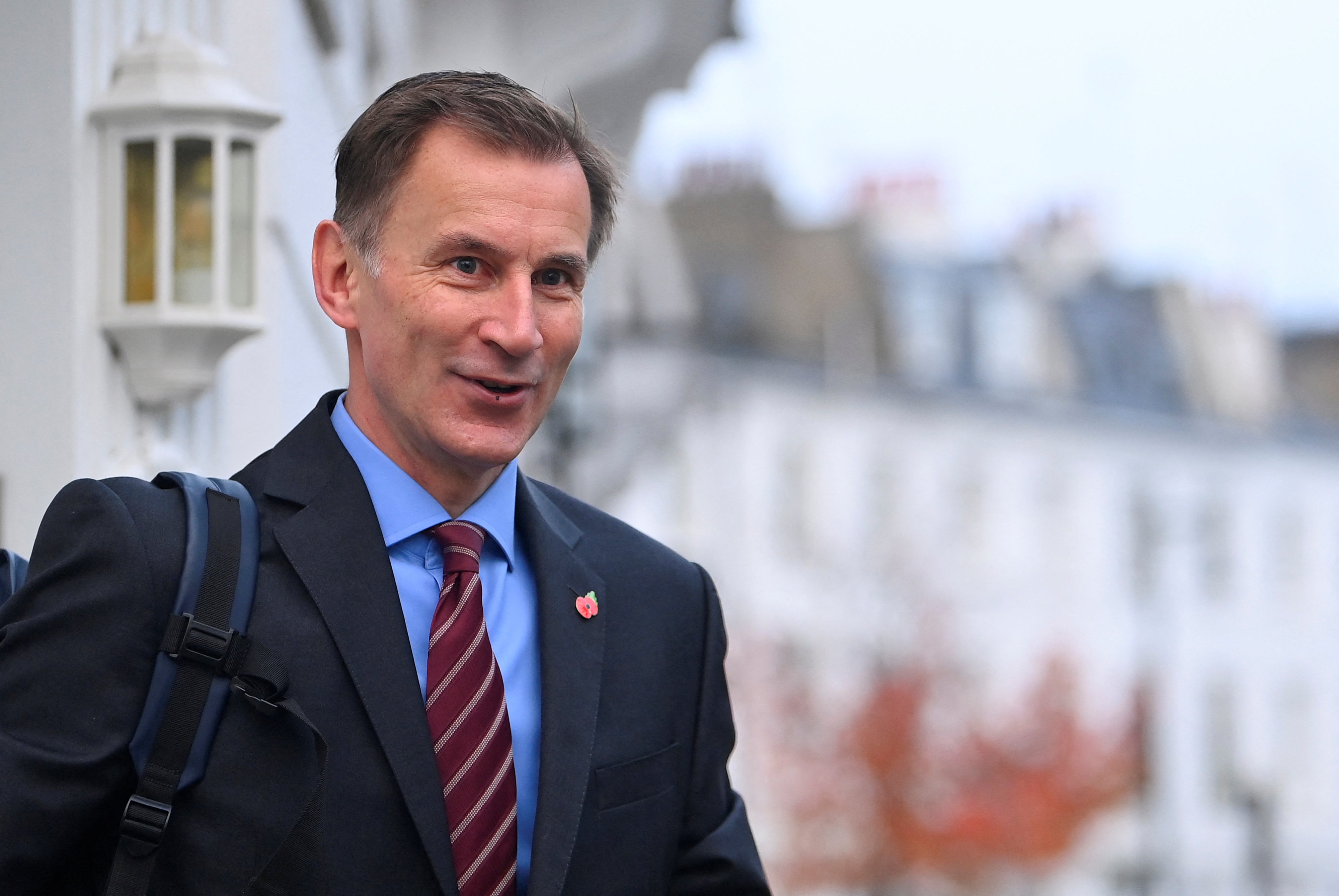Jeremy Hunt is taking an unnecessary risk by turning back to austerity
I have yet to meet any investors who are screaming for taxes to be hiked and spending slashed as the UK economy slides into recession, writes Julian Jessop


It’s usual for some of the contents of a Budget to leak out before the official announcement. This time, though, we already have a very clear idea of what’s coming on Thursday. The prime minister and chancellor have worked hard to prepare us for “difficult decisions”.
The good news is that we can expect more help for the most vulnerable households, including a large increase in the national minimum wage. Working-age benefits and the state pension are both now likely to be raised in line with inflation, and there will be another round of cost of living support payments.
There should also be some more clarity about the targeted help with energy bills that will replace the universal Energy Price Guarantee in April.
The bad news is that there will also be around £25bn of tax increases and £35bn in spending cuts in order to plug a £60 billion “black hole” in the public finances. Many people, including many economists, are rightly worried that these measures could drag the UK into a far deeper recession, as well as undermine public services.
In my view, Jeremy Hunt is taking an unnecessary risk here. The £60bn estimate for the “black hole” is really just guesswork. It is based on five-year forecasts for growth and inflation which we know will be wrong. It also depends on the chancellor’s own choice of fiscal rules, and on the amount of “headroom” that the Treasury wants to create for itself.
Some argue that Sunak and Hunt must be now more cautious in order to restore credibility lost by Truss and Kwarteng, and to prevent further big increases in interest rates. But even if you buy this narrative, it is surely sufficient to cancel the measures that unsettled the financial markets, rather than double-down. I have yet to meet any investors who are screaming for taxes to be hiked and spending slashed as the UK economy slides into recession.
Despite this, I try to be positive. The chancellor is about to take an unnecessary risk, but it could be minimised.
This is mainly about timing. The bulk of the increases in personal taxes are likely to take the form of freezes in a wide range of allowances, which determine the thresholds at which tax rates go up. These ‘stealth taxes’ will gradually raise more revenue for the Treasury over the next five years as more people are dragged into higher rate bands. But crucially, they will have little impact on the amount of tax that households pay now.
To keep up to speed with all the latest opinions and comment, sign up to our free weekly Voices Dispatches newsletter by clicking here
Instead, any immediate increases in taxes are likely to be targeted at those who can (perhaps) afford them the most. For example, the highest earners could face a reduction in the threshold at which they pay the 45p upper rate of income tax. Energy companies will surely be hit by more ‘windfall taxes’.
The timing point also applies to public spending. Already tight departmental budgets will remain tighter for longer, but there will not necessarily be any major cuts now. Indeed, there may be a few sweeteners for Jeremy Hunt’s old beat of health and social care.
In short, my fear is that the pendulum is swinging too far from the pro-growth plans of Truss and Kwarteng, back to self-defeating orthodoxy and austerity, at a time when the economy needs all the support it can get. My hope is that the Treasury is smarter than that.
Julian Jessop is an independent economist and a fellow at the Institute of Economic Affairs
Join our commenting forum
Join thought-provoking conversations, follow other Independent readers and see their replies
Comments
Bookmark popover
Removed from bookmarks